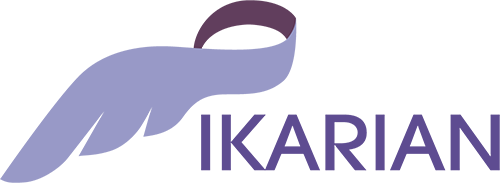Current issues
In 1997, the OECD Anti-Bribery Convention established legally binding standards for making the bribery of foreign public officials in international business transactions a criminal offence. Over the past twenty years this, the first international anti-corruption instrument, has been followed by the introduction of corresponding legislation in many countries.
The recent surge in new anti-corruption legislation and regulatory compliance, combined with the extraterritorial application of existing foreign laws (FCPA, UKBA, French Sapin 2 law), provides the incentive managers need to make compliance a cornerstone of good corporate governance, failing which they are likely to expose their company, its employees and themselves to civil or criminal proceedings in France and/or abroad.
A conviction for bribery of a foreign public official in the United States or the UK can result in severe penalties (imprisonment, monetary sanctions and exclusion from public procurement).
On November 8, 2016, France modernized its anti-corruption enforcement regime and adopted the Law on Transparency, the Fight against Corruption and the Modernization of Economic Life (known in France as the “Sapin 2 Law,” named after Michel Sapin, the former finance minister). The Sapin 2 Law became effective on November 10, 2016. Pursuant to this law, companies with over 500 employees – or belonging to a group with at least 500 employees – and with a turnover of at least €100 million, are required to adopt compliance policies and procedures. As a result, executives can now be held liable in the event of their company’s failure to comply with the law.
The main provisions of the Sapin 2 Law include:
- Mandatory compliance programs for companies with over 500 employees and €100 million in revenue;
- Creation of a new anti-corruption agency (the French Anti-Corruption Agency (AFA)) to monitor corporate implementation of the now-mandatory anti-corruption compliance programs;
- Deferred prosecution agreements, similar to those used by the DOJ, allowing prosecutors to fine companies for wrongdoing without a criminal conviction;
- Introduction of prosecution agreements, i.e. the Judicial Public Interest Agreement (CONVENTION JUDICIAIRE D’INTÉRÊT PUBLIC – CJIP).
The Sapin 2 Law institutes preventive measures, similar to the American and British statutory provisions (FCPA, UKBA), to strengthen the government’s arsenal of anti-corruption tools.
It complies with the OECD Convention on Combating Bribery of Foreign Public Officials and should be applied in light of the standards set by ISO 37001 on anti-bribery management systems.
The French Anti-Corruption Agency (AFA), an innovation of the Sapin 2 Law, issued eight “recommendations” that companies must implement:
- A risk mapping;
- An ethics code and an anti-corruption code of conduct;
- An internal whistleblowing mechanism;
- Risk assessment mechanisms;
- Third-party Due Diligence processes;
- Accounting control procedures;
- Employee training on corruption risks;
- Reporting chains and procedures for internal reporting of suspected illicit activity.
If companies fail to meet these compliance “recommendations”, the AFA’s Sanctions Commission can impose fines, per breach, of up to €200,000 against individuals and €1 million against entities; issue warnings or injunctions ordering companies to adopt adequate compliance programs and publish the decisions.
OUR EXPERTISE
In this context, IKARIAN assists and advises companies and their managers on the challenges they must identify to comply with their obligations under the US “Foreign Corrupt Practices Act”, the “UK Bribery Act”, the French “Sapin 2 Law” and other existing and future anti-corruption laws and applicable standards (such as ISO 37001).
IKARIAN’s services can be grouped into three key areas :
1/ PREVENTION
2/ DETECTION
3/ RESPONSE
They cover risk assessment, prevention and assistance during investigatory procedures by relevant authorities.
PREVENTION
How to protect your company
IKARIAN will assist you in :
- Raising awareness among the Board of Directors, top management and the Executive Committee on the anti-corruption laws and their application;
- Analyzing your business structure and your business models to identify potential risks of violation of anti-corruption laws;
- Risk mapping to assess whether your existing processes are adequate;
- Assessing or auditing your anti-corruption processes to find out if they are adapted to your risk exposure, up to date, effective and effectively implemented;
- Designing, developing, improving and implementing an anti-corruption policy tailored to the specific characteristics of your company (structure, industry, size, risk exposure) and compliant with international best practices;
- Improving certain aspects of your anti-corruption processes, for instance:
- Review processes for selecting your consultants, distributors, trading partners and performing Due Diligence on them
- Scrutinize evidence of your consultants’ services
- Review policies on gifts, corporate sponsorship / philanthropy and donations
- Preparation for ISO 37001 in “Anti-Bribery Management Systems”
- Obtaining ISO 37001 in “Anti-Bribery Management Systems”;
- Reviewing third-party contracts and agreements (concluded by your consultants, distributors, trading partners, etc.).
IKARIAN will assist you in implementing customized training programs for your executives, risk managers, regional or national directors, HR managers, compliance officers, sales directors, etc. All of our training programs are customized to the specificities of your company in its industries, activity sectors and countries of operation.
Our training programs:
- Understanding and assessing the anti-corruption legal framework (national frameworks, extraterritorial laws) and extra- legal risks
- Understanding and assessing corruption risks
- How to set up a “Compliant” company
- How to prepare for and respond to an investigation
- How to prepare for police custody
- Management of third-party risks (sales agents, distributors, agents/intermediaries, consortia/joint venture partners, consultants, etc.)
- How to perform an Anti-Corruption Due Diligence during M&A operations
- Implementation of policies on gifts, corporate sponsorship / philanthropy and donations
- Implementation of a whistleblowing mechanism
- Preparation for compliance with the French “Sapin 2 Law”
DETECTION
How to detect acts of corruption
IKARIAN will assist you in :
- Conducting an undercover internal or external investigation once a potential problem has been identified or is suspected
- Performing Due Diligence and Background Checks on your trading partners, distributors, consultants, offering various levels of Due Diligence ranging from a quick scan of public documents to requests for field information from reliable sources
- Performing an Anti-Corruption Due Diligence on the target company during M&A operations
- Examining contracts and payments made to consultants and other third parties
- Reviewing and analyzing evidence of consultants’ services
- Testing your existing procedures
RESPONSE
How to defend your company’s interests
IKARIAN will advise you on :
- The strategy to implement with the parties involved (employees, partners or business associates)
- The policy and procedural changes to effect in order to minimize the risk of future violations
- Relationships with authorities, including for cases of self-disclosure
- Strategies to adopt during the investigation or pre-investigation period



